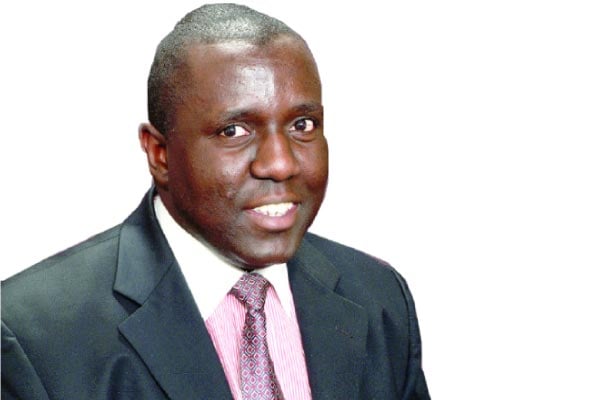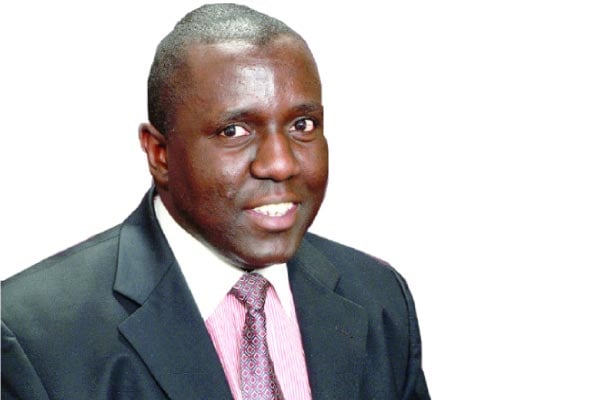Prime
Driving into Rwanda two years after the border opened

Author: Mr Karoli Ssemogerere is an Attorney-at-Law and an Advocate.
What you need to know:
- Livestock is very expensive real estate. Expensive is an understatement when you take into account the same land is required for tea, coffee, food and human settlements.
Driving to Kigali, the capital of Rwanda, requires little advance preparation especially after you get out of the metropolitan traffic snarl around Kampala and head southwest proper.
The new Mbarara city is dotted with shiny new Shell petrol stations advisable, if your car engine may be susceptible to small changes in fuel blends across the border. The Mbarara-Ntungamo-Kabale-Katuna stretch is remarkable for one thing. Very light motorized traffic especially at night.
The vast South Ankole Plateau-and Kigezi highlands are remarkable for another thing, very light economic activity. Not much can be observed on the big farms happening at night.
It seems the cows are resting after their owners returned to the capital after the long Christmas-New Year break. Kabale municipality is a shadow of its former vibrant self. Little activity going on after 11pm.
Everything is silent and closed. In a few minutes you are on the short-Kabale-Gatuna road. I won’t call the highway crisscrossing Rubanda District, the roadworks left a lot to be desired and in minutes we are at the border. The One-Stop Border means you can drive into Rwanda and complete all immigration, car clearing and insurance formalities there.
The Rwanda side has a café, with dull offerings, different from the luxury of choices Ugandans have on the other side. But everything is ruthlessly quiet and efficient. In no time, the car is cleared to Kigali.
That is when the clash of efficiencies begins. Up to 2019 when the border was closed, Ugandan trucks piled with milk and other supplies to Kigali.
Not anymore. There is very little privately operated motor vehicle traffic visible. The road is still high quality as it was. Not a single pothole. Some minor roadworks were caused by landslides but nothing as spectacular as the pavement failure at River Katonga.
Entering Kigali is seamless. A random traffic stop. Ugandans have trouble addressing themselves to the law. It is illegal to drive with tinted windscreens in Rwanda.
Driving on the left is not that much of a challenge. In the morning you wake up to green everywhere. Awards must be given for cleanliness.
This highlight of living standards is kept in both the posh suburbs and where the ordinary folk stay. Kabuga is as clean as Kacyukiro, the mainstay of the expatriate community. Kigali is a city of many neighborhoods connected by a few thoroughfares, heavily thicketed with plant and vegetation cover.
Bright dazzling sunlight is only for a few months in a year, inside the city you feel you are inside a micro-climate. The seasons have been reordered.
In bars and restaurants, people are still circumspect, but more open, even talking about politics, itself a taboo subject for years in +250. The social sector is present, and IT infrastructure is present.
A number of specialists now come to Uganda to service our healthcare sector, which used to be the opposite years ago.
Another factor as we sat down for dinner with a family of former refugees in Uganda, the returnees returned to Rwanda by choice. Many families remained behind in Uganda. In other cases, half the family is in Uganda and the other half is in Rwanda.
The Kingdoms of Ruanda and Burundi covered more territory than previously acknowledged. Most of Kigezi, Karagwe and Eastern Kivu was part of the Kingdom of Ruanda. Colonialism was always frightened by social order that challenged its authority.
The deal in Rwanda, Burundi and also in Uganda was to depose these kingdoms, later get rid of elected governments and replace them with military rulers.
In Congo, Patrice Lumumba was only in power for months before he was deposed at the behest of the western powers.
The other complication in this part of the region has been managing livestock. Livestock is very expensive real estate. Expensive is an understatement when you take into account the same land is required for tea, coffee, food and human settlements.
Now you understand why the Balaalo problem in Uganda is not going away anytime soon. And our political systems that speak to longevity in political power are the exact opposite of limited time, limited model industrial systems in favour in the industrialised west. A cow will still have four legs, weigh 200 kgs and operate with little technology if at all.
Mr Ssemogerere is an Attorney-At-Law and an Advocate.



